Is anxiety behind your sleep talking? A neuroscientist shares common causes and how to stop
A neuroscientist and a sleep doctor share everything you need to know about sleep talking
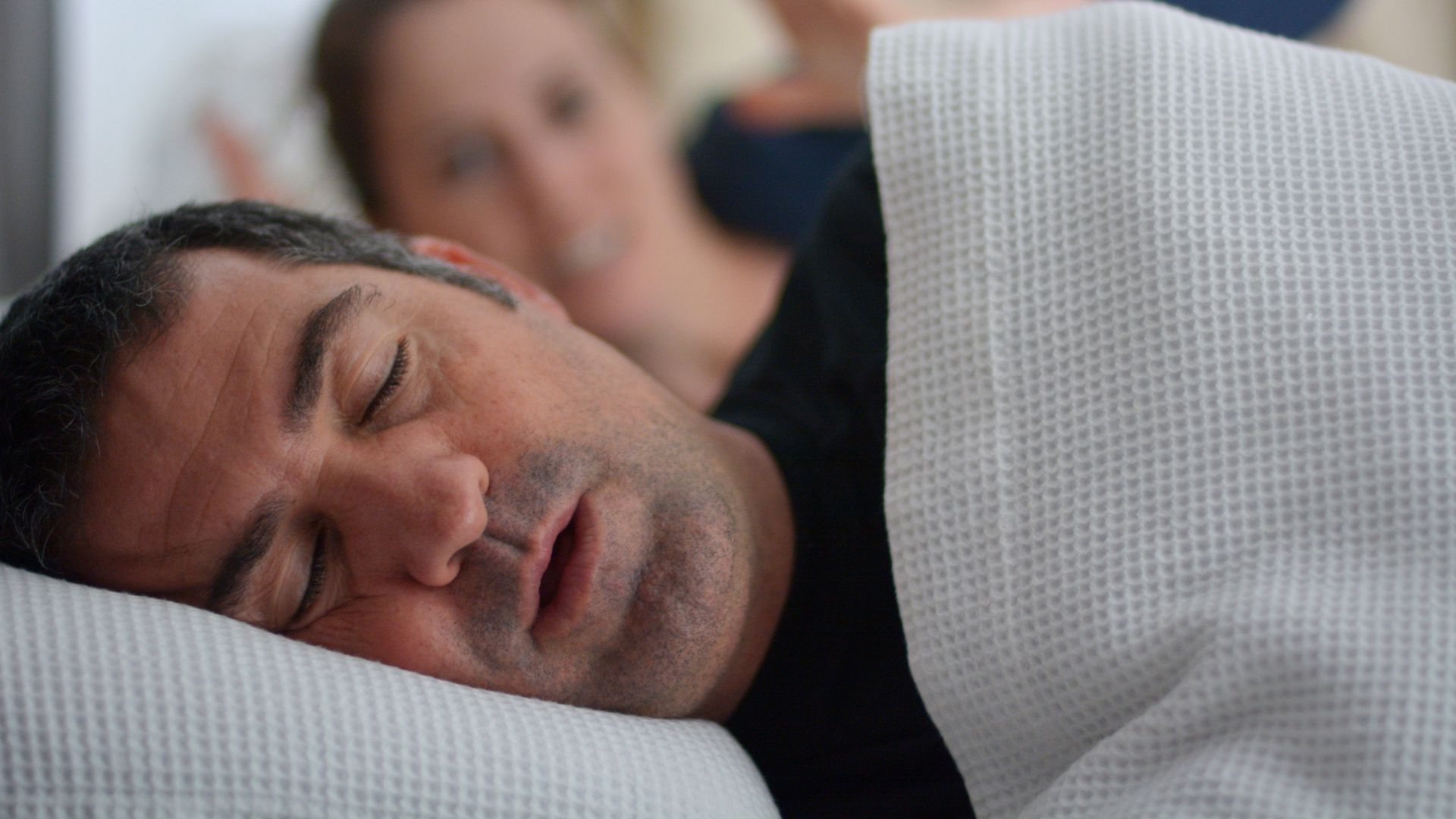
Sleep talking can be a slightly strange experience — whether you’re the one doing the midnight chattering or you’re sharing a bed with someone who is talking mid-snooze.
But what is sleep talking and why do we do it? Is it our brain's way of communicating something important or just idle chatter?
In this feature, we dive into the science behind sleep talking - from what triggers it to whether it’s ever a sign of something more serious.
You’ll also find expert tips on how to reduce your chances of talking in your sleep, and when to seek help - plus the latest research on the parasomnia.
What is sleep talking?
Sleep talking, otherwise known as somniloquy, is a type of sleep parasomnia where someone talks while asleep, unconsciously.
66% of people will sleep talk at one point in their lives
“The talking can be anything from unintelligible murmurs to full sentences,” says neuroscientist Dr Caroline Leaf.
“It normally occurs during non-REM sleep when the non-conscious working mind is still sorting and stabilizing memories and reorganizing networks in the brain,” she adds.
Get instant access to breaking news, the hottest reviews, great deals and helpful tips.
“It is quite common and may be related to the nature and intensity of what is being processed when sleeping,” Dr Lead says.
In fact, according to a study in 2010, 66% of people will sleep talk at one point in their lives, and 17 per cent of us have done it in the last three months.
Is sleep talking associated with your dreams?

Most of us would assume that sleep talking is a way of processing dreams — but experts believe there isn’t enough evidence to suggest this.
Although some sleep talking does happen during REM sleep (when we dream), most of the time it's associated with non-REM sleep.
“This is where it’s less about active dreaming and more about fragmented neural activity,” explains Dr. Leaf.
“The mind processes unresolved mental events or stressors from the day, activating high-energy states and neuroplasticity in the brain,” she says.
Why do people talk in their sleep?
1. Stress and anxiety
Stress has a massive effect on our sleep, including for those who are prone to sleep talking.
“Stresses and anxieties can interfere with regular sleep patterns and increase sleep fragmentation, resulting in parasomnias like sleep talking,” explains sleep doctor Saad Karim.
“This is because the brain is more agitated or active at night when we’re anxious, which results in vocalizations.”

2. Sleep deprivation
Regularly not getting enough sleep, also known as sleep deprivation, can impact our health, but also how we sleep.
“Not enough sleep can make sleep more intense and more disorganized when you do sleep, increasing the risk for strange things like sleep talking,” explains the sleep doctor.
“The brain's transitions between sleep stages can become less smooth, and parasomnias are more likely.”
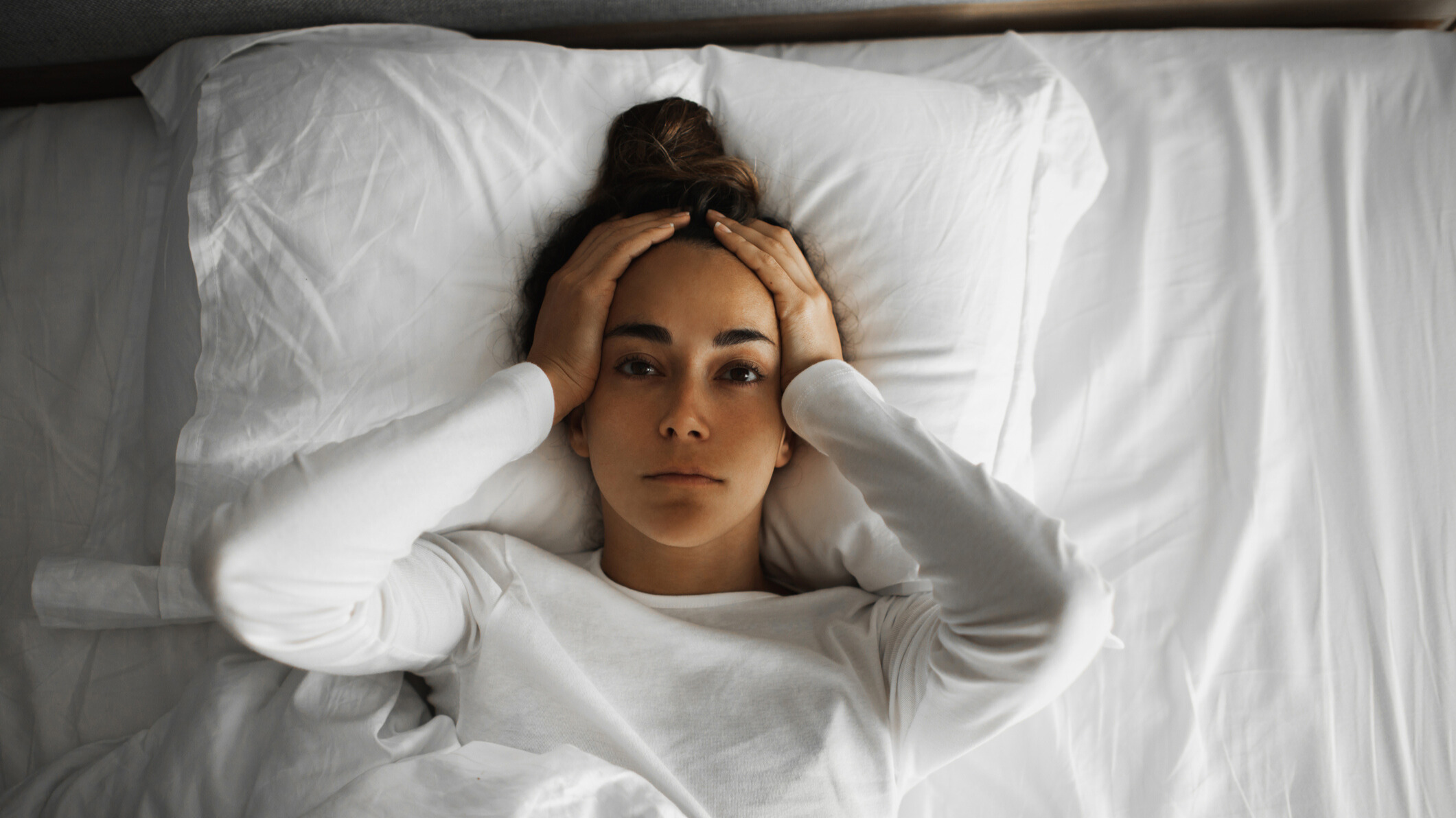
3. Genetics
Genetics plays a big role in many health conditions, and it's no different with sleep, says Dr. Leaf.
“If a family member sleep talks or experiences other sleep behaviors like sleepwalking or night terrors, there’s a higher chance others in the family may too,” she explains.
But, it's not always the way, “genetics are not destiny, they simply create a probability or propensity,” Dr. Leaf adds.
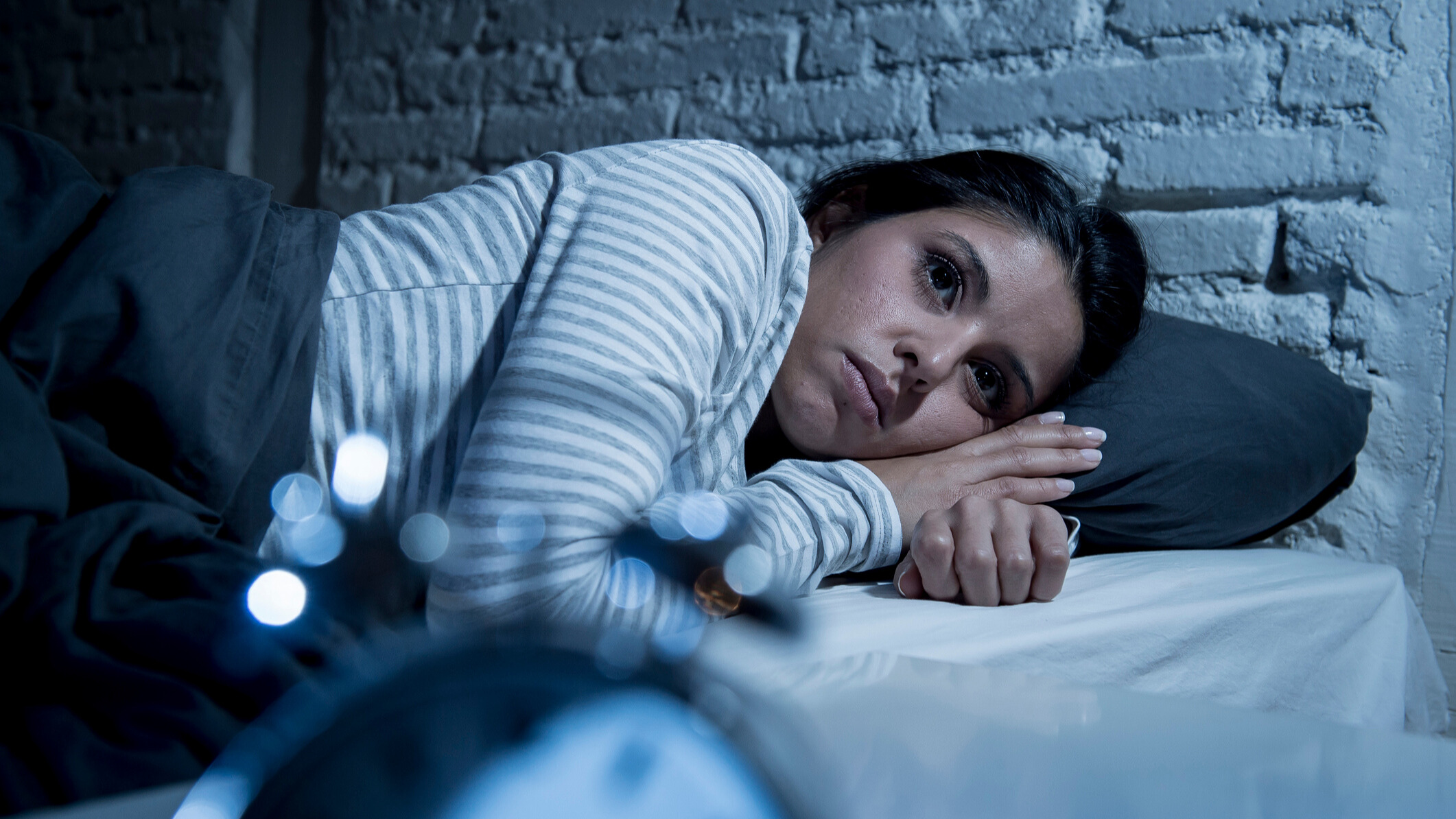
4. Medications
“Medications, such as antidepressants or sleep aids, can affect the central nervous system,” the neuroscientist explains, meaning they can “disrupt natural sleep patterns”.
Research shows that certain medications can increase fragmented sleep, which raises the likelihood of parasomnias like sleep talking.
“This is especially true if the medications interfere with REM cycles, deepen non-REM transitions or shorten the periods between non-REM and REM sleep unnaturally,” she adds.
How to stop talking in your sleep
There are many lifestyle changes you can make to stop sleep talking, but if you’re worried about your symptoms, talk to your doctor.
1. Improve sleep hygiene
Sleep hygiene doesn’t only refer to your habits and lifestyle that can impact your sleep. It also refers to your environment.
If you’ve ever woken up to loud music outside or street lights, then you may need to take steps to create a calm, peaceful environment. These things can not just be annoying when you sleep, but also make sleep talking worse.
“Ensuring your sleeping place is cool, dark, and quiet allows your brain to transition from sleeping stages smoothly - avoiding parasomnias,” Karim explains.
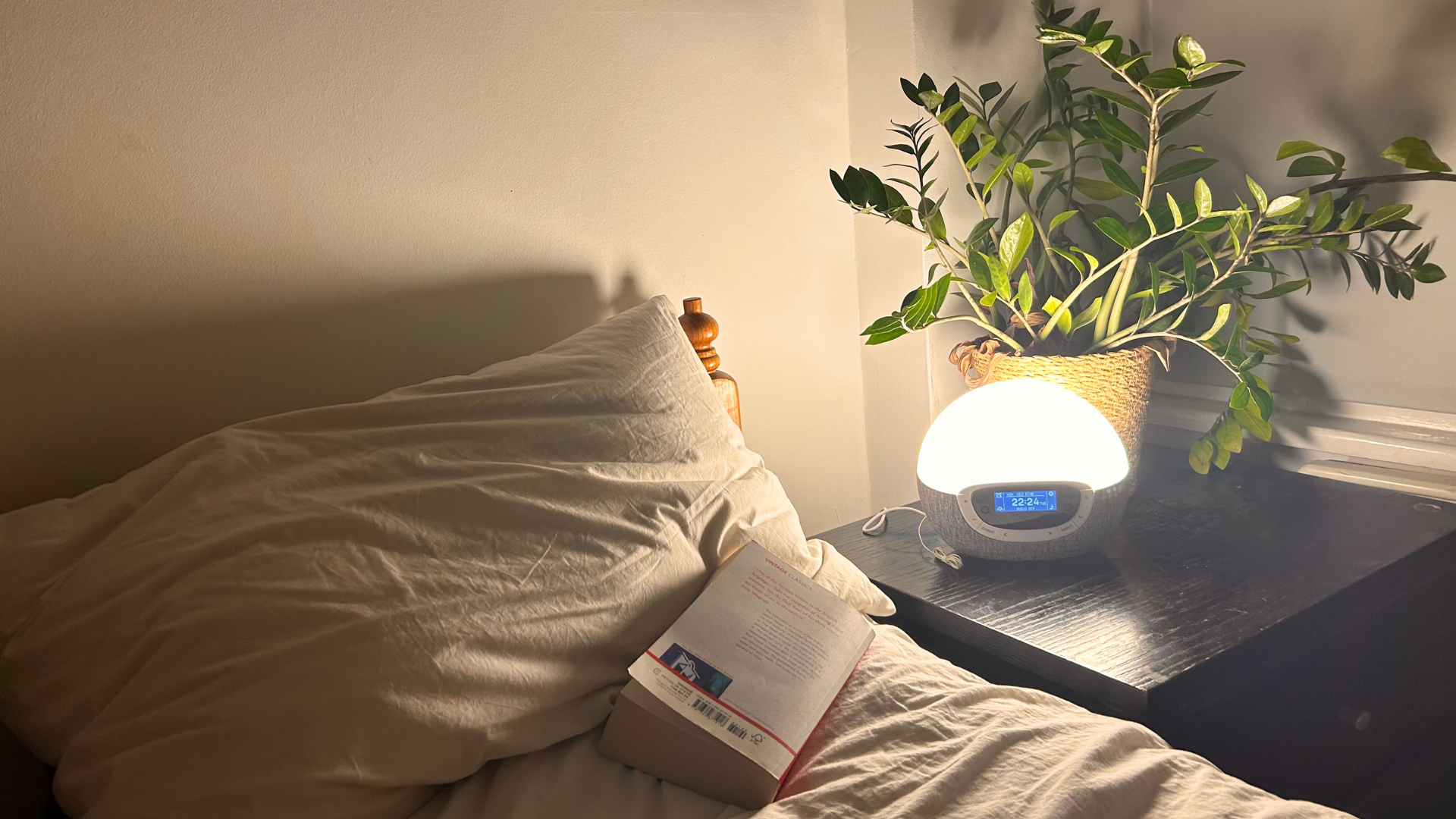
2. Mind-managing and stress-reducing nighttime routine
Dr. Leaf believes that this is one of the most crucial things to help sleep, as “the mind is 99% of who you are and the brain and body are only 1%.”
“Your mind is your active thinking, feeling, and choosing, and it’s driving your brain,” she says.
So, how should you act to calm the mind?
“Engaging in a reflective, calming mental practice before bed, like journaling, meditation, or my 5-step Neurocycle method, can help deconstruct stress before sleep,” Dr. Leaf advises.
“This reduces the risk of mental spillover that triggers sleep talking,” she explains.
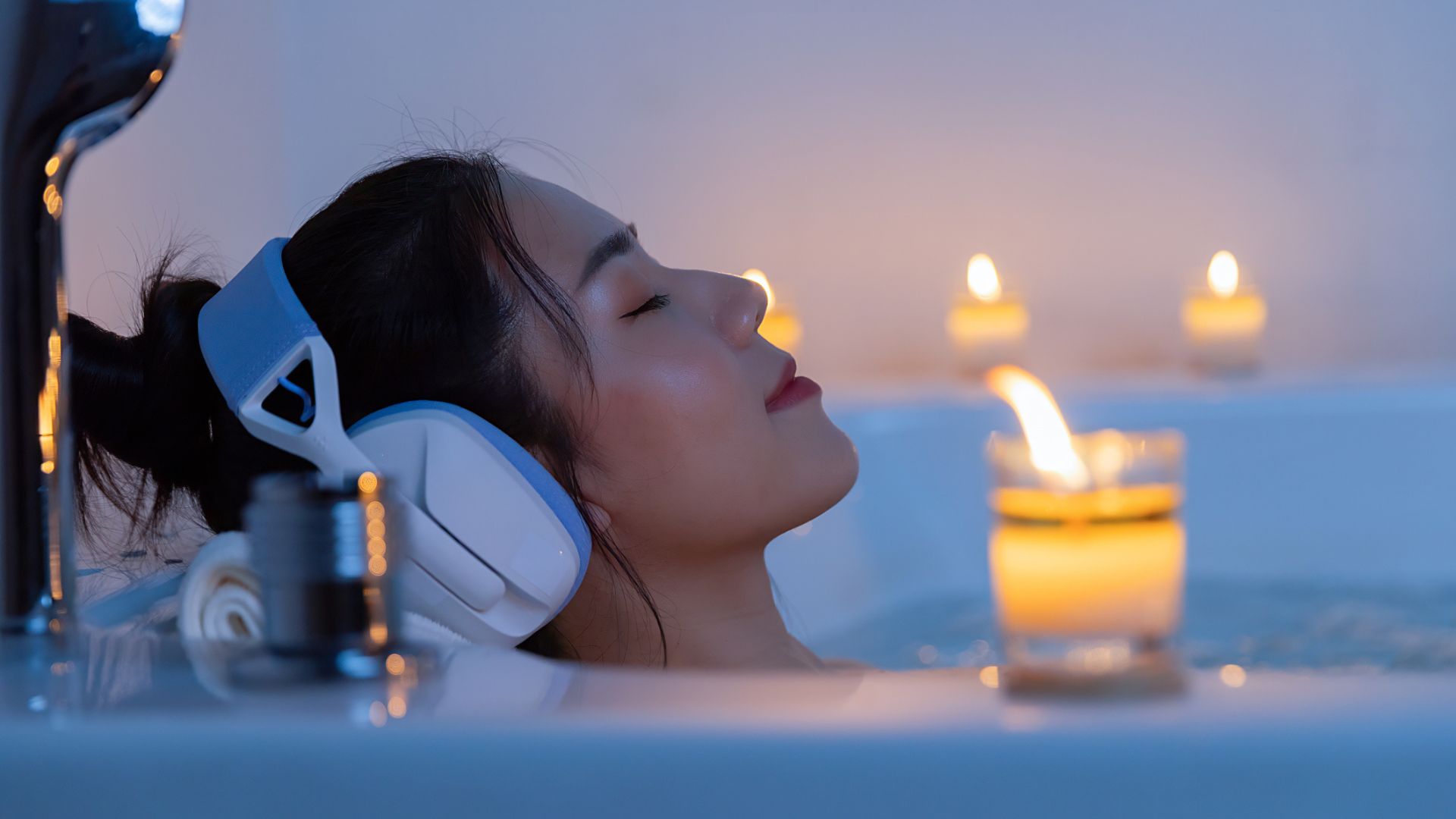
3. Cutting down on or avoiding alcohol or caffeine
Yes, a glass of wine can feel like a nice way to relax after a hard day, but as Dr. Leaf says, “it weakens the brain’s built-in sleep rhythm, often causing parasomnias. Cutting alcohol close to bedtime gives your brain a better chance at deep, uninterrupted rest.”
And what about that coffee you had at lunchtime, will it bring on or make sleep talking worse?
Caffeine can stay in our system for up to 10 hours, and it “can reduce melatonin production and delay sleep onset. It also keeps the brain in a hyper-alert state longer than we realize.”
So, what's the solution? “Removing it from your afternoon and evening routine could restore natural sleep transitions and reduce talking during sleep, but coffee affects everyone differently, so work out your unique response.”

4. Stick to a consistent sleep schedule
When you have an erratic sleep schedule - i.e going to bed at different times every night, it can confuse your circadian rhythm.
This is your internal body clock, which helps you naturally wake up and feel sleepy.
“Creating a consistent, calm, tech-controlled and curated bedtime routine sends a signal to the brain to wind down,” the neuroscientist explains.
“This helps regulate neurochemical balance, especially serotonin and GABA, which are critical for sleep stability.”
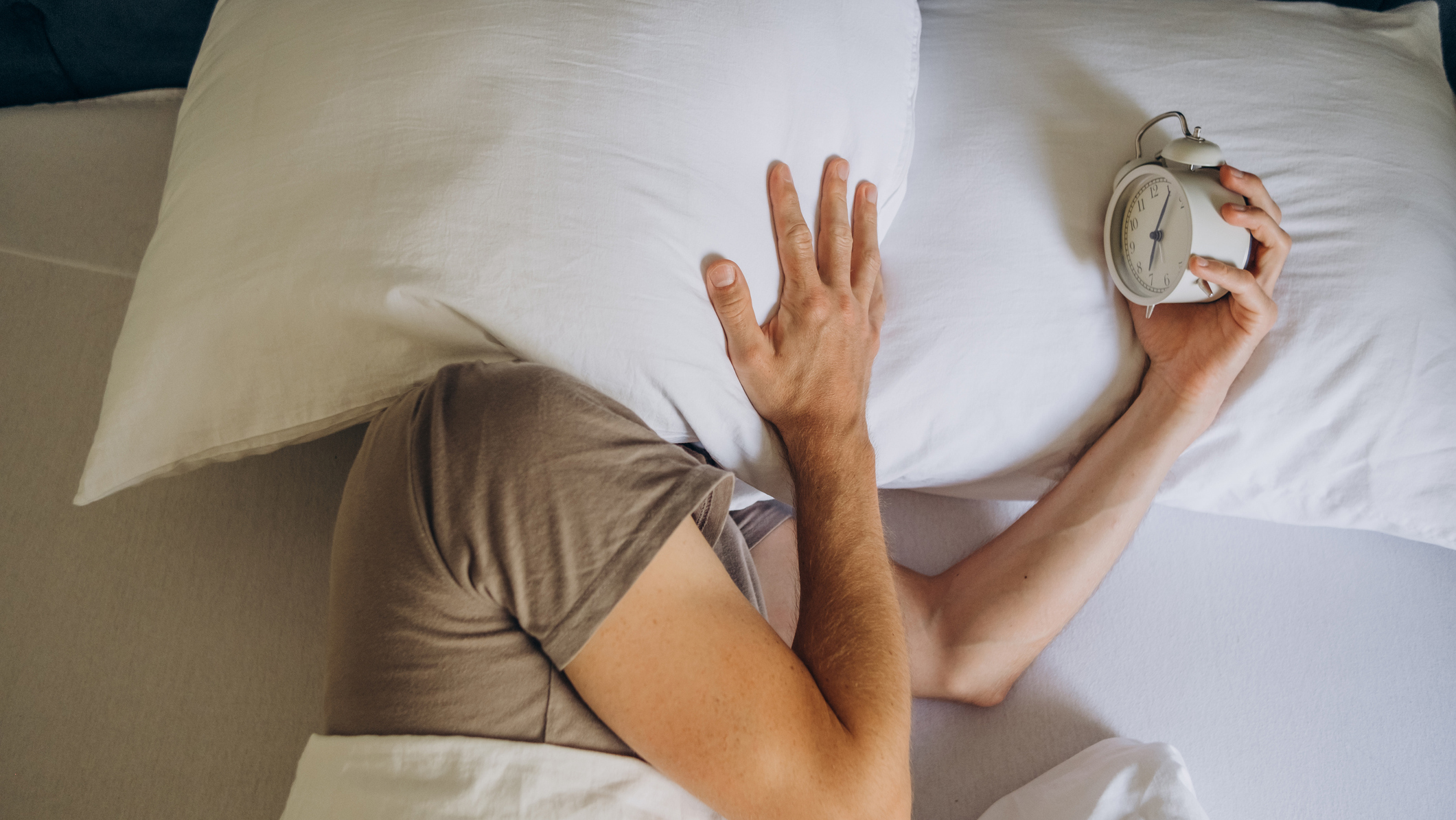

Sarah is a freelance writer who has been published across titles including Woman & Home, The Independent, and the BBC. Sarah covers a variety of subjects, including health and wellness. For Tom's Guide Sarah often writes about sleep health and hygiene, and interviews leading sleep experts about common issues such as insomnia and sleep deprivation.
You must confirm your public display name before commenting
Please logout and then login again, you will then be prompted to enter your display name.
 Club Benefits
Club Benefits





